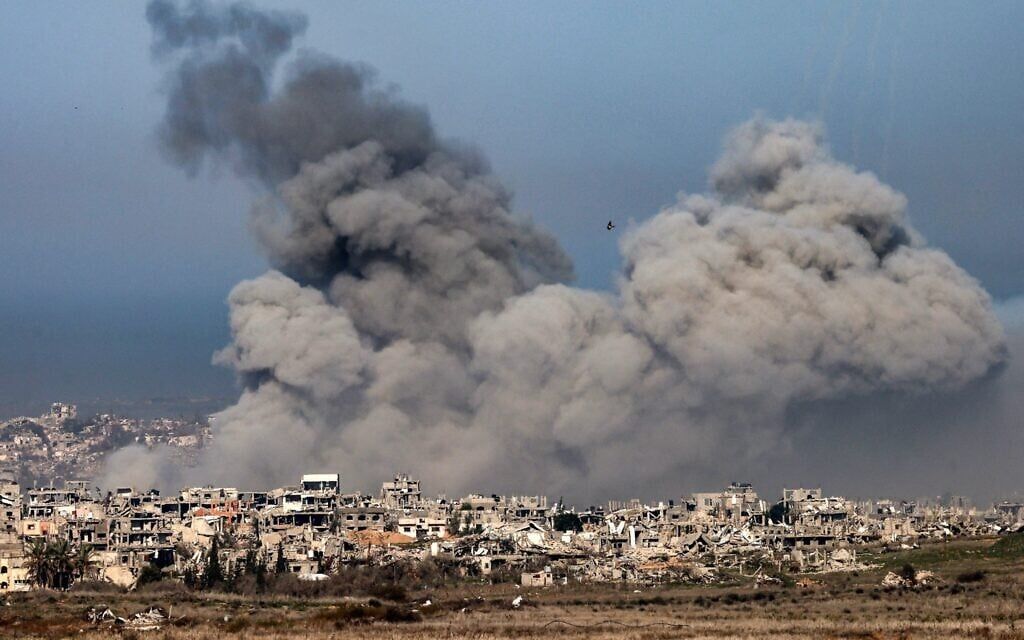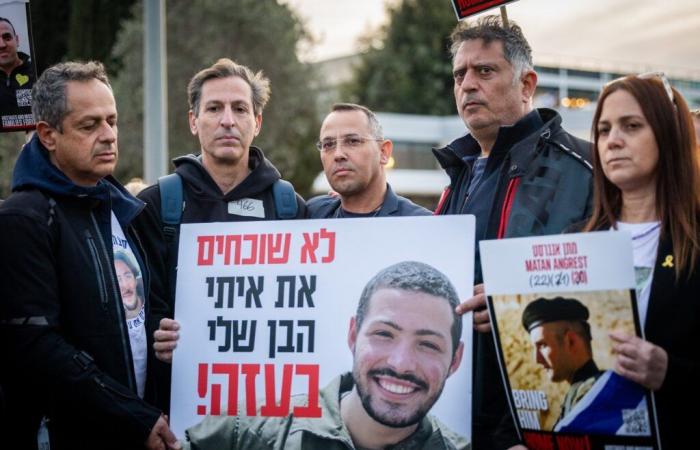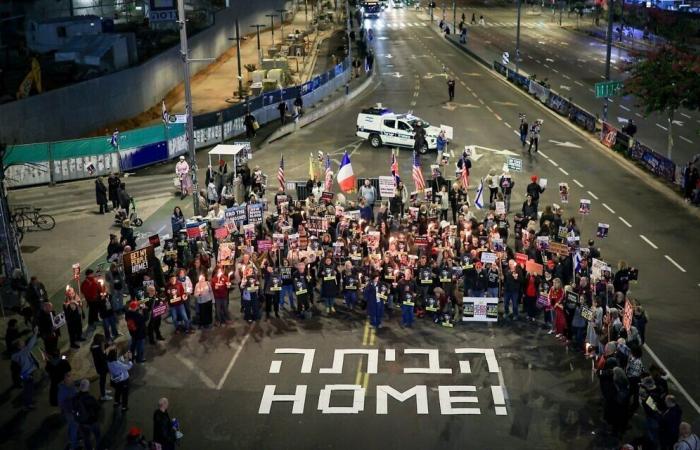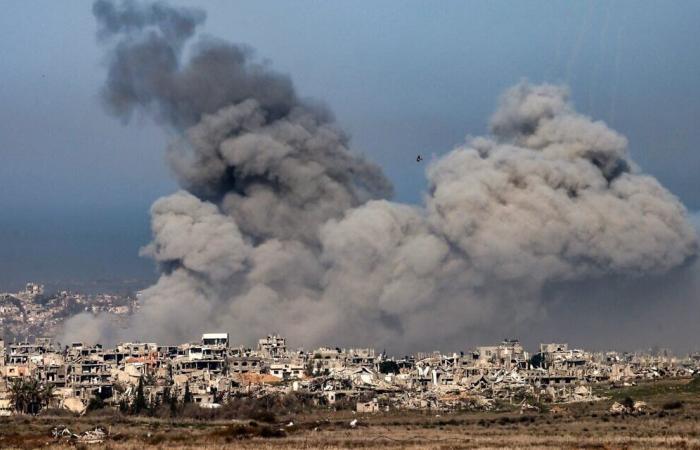Relatives of Israelis held hostage in Gaza left a meeting with Prime Minister Benjamin Netanyahu distraught on Tuesday. They warned, during a press conference, that in the absence of a deadline set in advance for the release of all the hostages, some of them could remain in captivity after the implementation of the first phase of a multi-stage agreement.
The meeting came amid reports of a deal with the Palestinian terror group Hamas to secure the release of the hostages – in exchange for a ceasefire and the release of more a thousand Palestinian security prisoners – which could be concluded in the days, if not hours, to come.
According to media reports, the three-phase deal would begin with the gradual release of 33 hostages over a six-week period, while later phases would consist of negotiations with Hamas over a “complete withdrawal” of Israeli troops from Gaza – which Netanyahu has pledged in the past not to implement it until the terrorist group is incapacitated.
To not miss any of the news,
receive the Daily Headline on your email
By registering, you agree to the terms of use
“From what we understand, at this stage only the first phase of the agreement has been fully committed to,” said Gil Dickmann, whose cousin Carmel Gat was murdered in captivity by the Hamas, during a press conference organized after the meeting.
“We are deeply concerned that there is still no agreement guaranteeing the return of all hostages 465 days after October 7 [2023]. We don’t want to leave anyone behind, or learn that other hostages were murdered in captivity, like Carmel. »
According to an N12 report from the meeting, Netanyahu told family members that a deal was “days or hours” away from being finalized.
Prime Minister Benjamin Netanyahu participating in a vote in the Knesset after leaving the hospital following prostate surgery, December 31, 2024. (Chaïm Goldberg/Flash90)
“We are waiting for the answer [positive] of Hamas and it will then be possible to begin [la mise en œuvre] immediately,” he reportedly said.
One of the relatives reportedly stressed that the families were very concerned that the agreement would fail after the first phase. Netanyahu responded that talks on the second phase would begin on the 16th day of the first phase, “and we will not leave Gaza until all the hostages have been released.”
Asked why Israel would wait until the 16th day to begin the second phase of talks, Netanyahu reportedly replied that “negotiations currently cover the entire [des otages]but the agreement will be done in stages. Ultimately, we are dealing with a deadly terrorist group. You have to start with something to move the rest forward. I will do everything in my power to bring everyone home, the living and the dead. »
The families also asked him why the deal could not have been reached several months ago. He reportedly responded that Israel now had the support of the new US President Donald Trump.
He also reportedly spoke of an agreement providing for “an extended ceasefire” in exchange for all the hostages, rather than an end to the war.
After the meeting and before the press conference, several other hostage family members spoke to express their opposition to the agreement, on the grounds that it would not bring everyone back to safety. House. They also said they were excluded from the meeting with Netanyahu, although it was not clear who they accused of denying them access to the meeting.
“We are in a situation where we are recovering 33 hostages. But for the others, we don’t know their fate,” said Eli Shtivi, whose son Idan Shtivi was killed on October 7, 2023, and whose body is still held by Hamas.
“We are going to abandon 70 hostages. I feel abandoned. All families [dont les proches sont otages] will not return at this stage feel abandoned,” he added.
Protesters demanding the release of Israeli hostages held by Hamas in the Gaza Strip, in front of the Kirya army headquarters, in Tel Aviv, January 13, 2025. (Credit: Itaï Ron/Flash90)
Chaim Haiman, whose daughter Inbar Haiman was murdered in Hamas captivity, rejected the idea that those attending the meeting with Netanyahu represented him. He said they “did not represent the majority of families.”
“Here, some hostages are worth more and others are worth less,” he added.
On Tuesday evening, Netanyahu also met with representatives of the Gvura Forum made up of families of slain soldiers. He was initially scheduled to meet with them earlier in the day, but the meeting was postponed as the forum considered canceling it due to his opposition to the deal, N12 reported.
According to the report, Netanyahu told the bereaved family members that Hamas had not yet reacted to the agreement and that the ceasefire would be reviewed every day. He said any violation of the agreement by the terrorist group would be met with a powerful Israeli response, the likes of which Hamas has never seen before, and that Trump’s return to the White House on January 20 would change the rules of the game.
An estimated 94 of the 251 hostages kidnapped by Hamas on October 7, 2023 are still in Gaza, including the bodies of 34 hostages whose deaths were confirmed by the Israeli military.

This photo taken from the Israeli side of the border with the Gaza Strip shows plumes of smoke rising from explosions above destroyed buildings in the northern Gaza Strip, January 13, 2025. (Menahem Kahana/ AFP)
At the end of November 2023, Hamas released 105 civilians during a week-long truce. Four hostages had previously been released. Eight living hostages were rescued by soldiers and the remains of 40 hostages were recovered, including those of three Israelis who were accidentally killed by the IDF.
The Palestinian terrorist group also holds two Israeli civilians who entered the Gaza Strip in 2014 and 2015, as well as the bodies of two soldiers killed in 2014.








